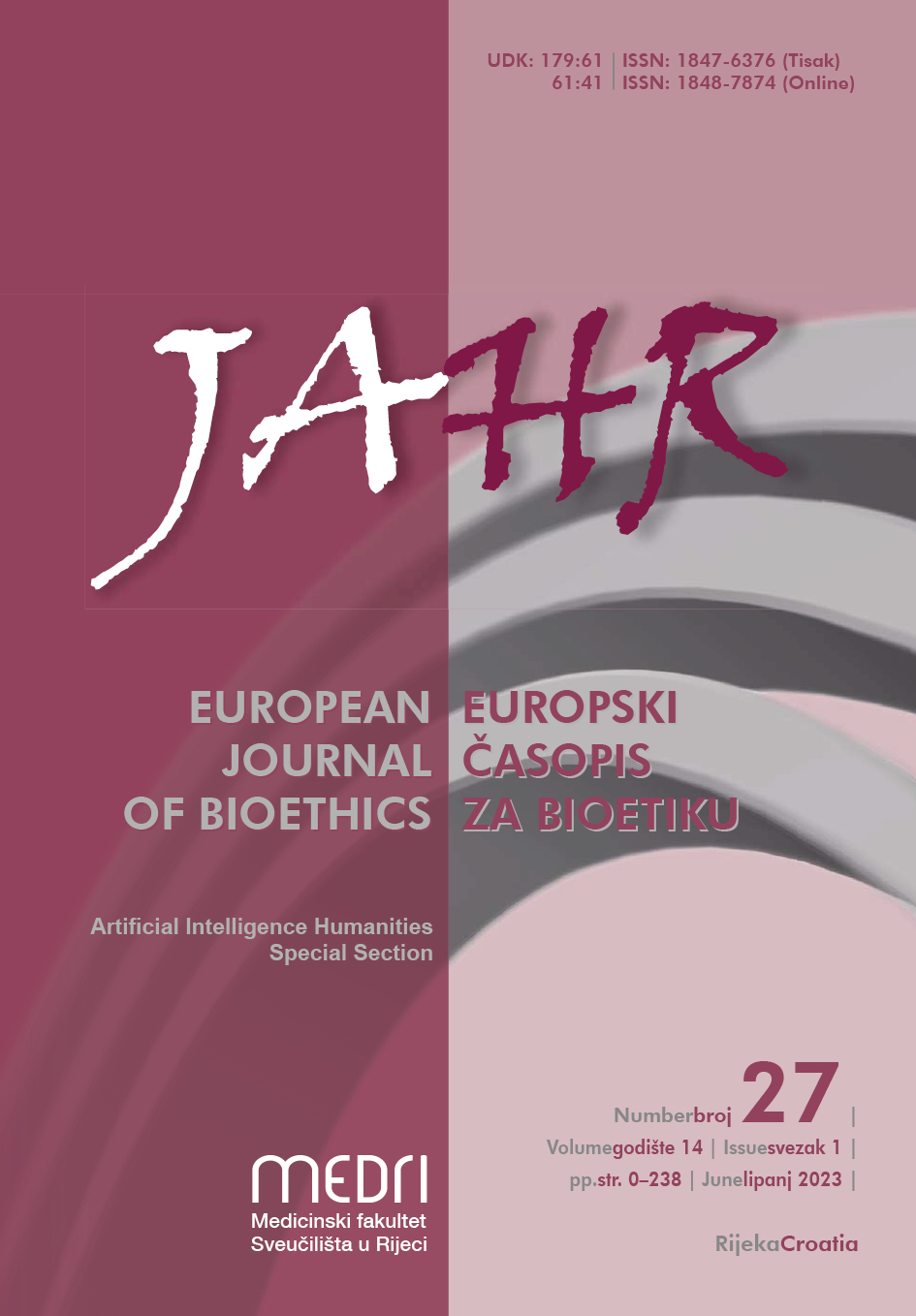Cross-Species Hybrids and Bioethics in Early Soviet Fiction
Keywords:
human-animal hybridism, species identity, bioethics and experiments in Soviet fiction and scienceAbstract
https://doi.org/10.21860/j.14.1.9
My article addresses issues of bioethics in cross-species hybridism raised in Robert and Beylis’ well-known “Crossing species boundaries” (2003) and the ensuing discussion by examination of two important stories written in the Soviet 1920s, “A Dog’s Heart” and “The Amphibian Man”. I argue that these two fictional narratives show that literature not only responds to changing trends in biological sciences but also heuristically considers and intuits wider social implications of radical experimentation. My approach is both synchronic and diachronic as I demonstrate that while being grounded in the same reformative atmosphere of the 1920s, the two texts present divergent responses to the issue of cross-species hybridism relevant for our contemporary debates. In particular, I deal with the notions of man playing God, species identity in analogy to ‘race’, procreation of human-animal hybrids, and also consider the relevance of culture-specific concepts of charismatic and distant species for cross-species discourse.
Downloads
Published
Issue
Section
License
Authors who publish with this journal agree to the following terms:
- Authors retain copyright and grant the journal right of first publication with the work simultaneously licensed under a Creative Commons Attribution License that allows others to share the work with an acknowledgement of the work's authorship and initial publication in this journal.
- Authors are able to enter into separate, additional contractual arrangements for the non-exclusive distribution of the journal's published version of the work (e.g., post it to an institutional repository or publish it in a book), with an acknowledgement of its initial publication in this journal.
- Authors are permitted and encouraged to post their work online (e.g., in institutional repositories or on their website) prior to and during the submission process, as it can lead to productive exchanges, as well as earlier and greater citation of published work (See The Effect of Open Access).



